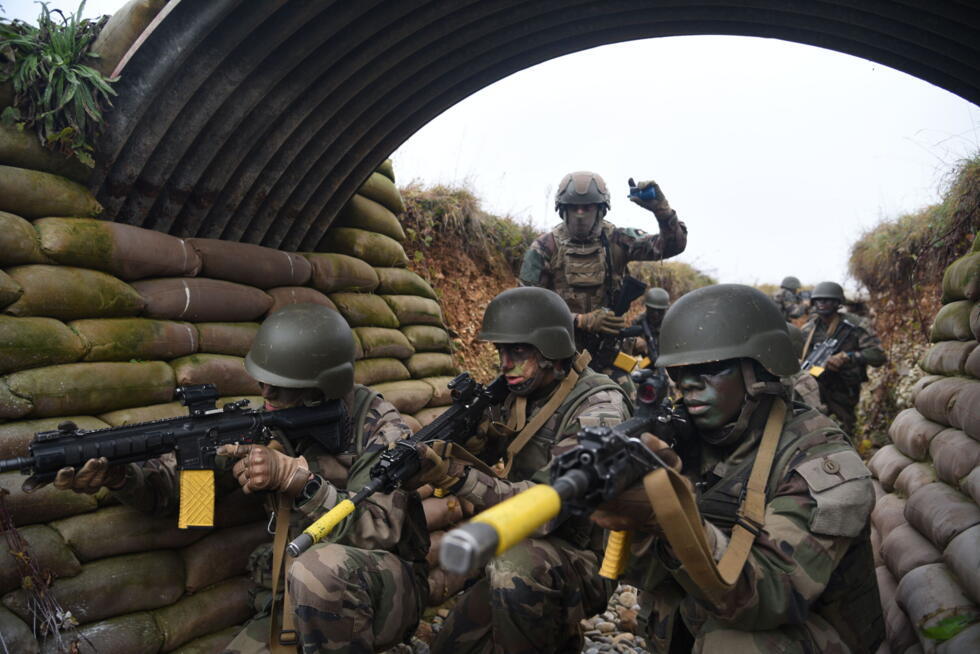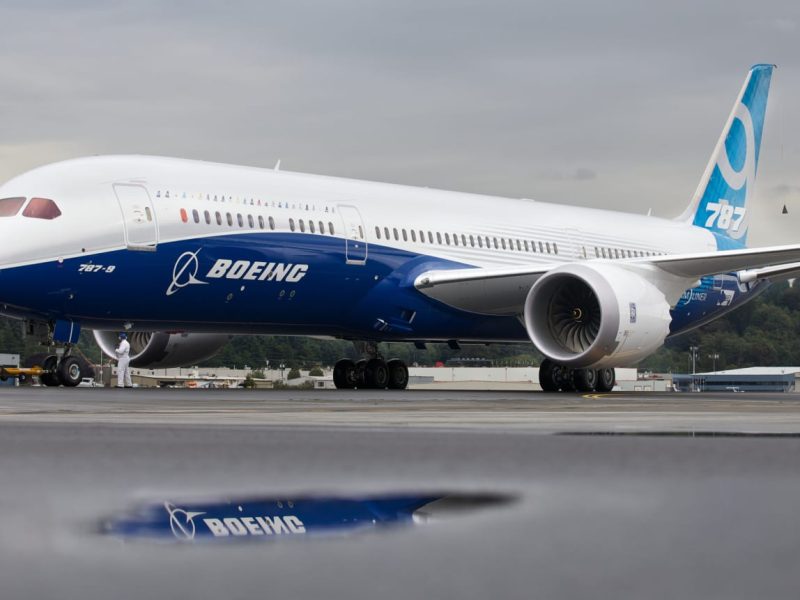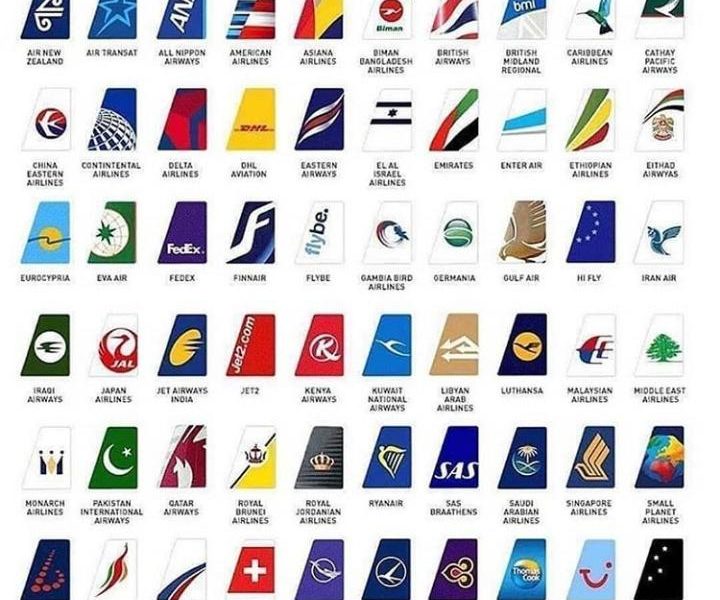France has taken a significant step by increasing its involvement in the war in Ukraine. What was once a conflict primarily between Ukraine and Russia has increasingly drawn in European powers—politically, economically, and now militarily. France’s decision to support Ukraine more directly marks a turning point, and for both countries, it’s being framed as a “win-win.”
What Does France’s Involvement Look Like?
France’s participation is not about boots on the ground—not yet. Instead, it’s a carefully calibrated show of support. This includes supplying Ukraine with long-range weapons, training Ukrainian soldiers on French soil, and enhancing intelligence sharing.
President Emmanuel Macron recently announced plans to send military advisors and increase arms shipments. This move is designed to help Ukraine regain occupied territories and deter Russian advances without triggering a direct confrontation between NATO and Russia.
Why France is Getting Involved Now
Timing matters. After more than two years of war, Western momentum has wavered, and fatigue is real. France stepping up its role is both symbolic and strategic. Macron has framed this as a defense of European stability. The idea is that helping Ukraine now prevents a larger, more costly conflict down the road.
It’s also about maintaining France’s leadership role within the EU. By taking a stronger stance, France positions itself as a central player in shaping Europe’s response—not just following in the footsteps of the U.S. or Germany.
What’s at Stake for Ukraine?
For Ukraine, French support is more than symbolic. France has advanced weaponry and battlefield expertise that Ukraine desperately needs. It also brings legitimacy. When a major NATO country like France gets involved, it sends a message: Ukraine isn’t alone, and Russian aggression won’t be ignored.
More support from France could also sway other countries sitting on the sidelines. Ukraine gains firepower, international backing, and political momentum all at once.
Risks and Reactions
Not everyone sees this as a win-win. Critics argue that France’s involvement could escalate tensions with Russia. The Kremlin has already issued warnings, suggesting that Western nations supplying arms or personnel are making themselves targets.
At home, Macron faces mixed reactions. Some French citizens worry about being dragged into a wider war. Others support the move as necessary to stop Russian expansionism.
Conclusion
France’s increased participation in the war in Ukraine is being marketed as a strategic partnership with mutual benefits. It bolsters Ukraine’s defense while reinforcing France’s position on the world stage. It’s a win-win—at least for now. But the long-term consequences remain to be seen, and Europe is watching closely.



